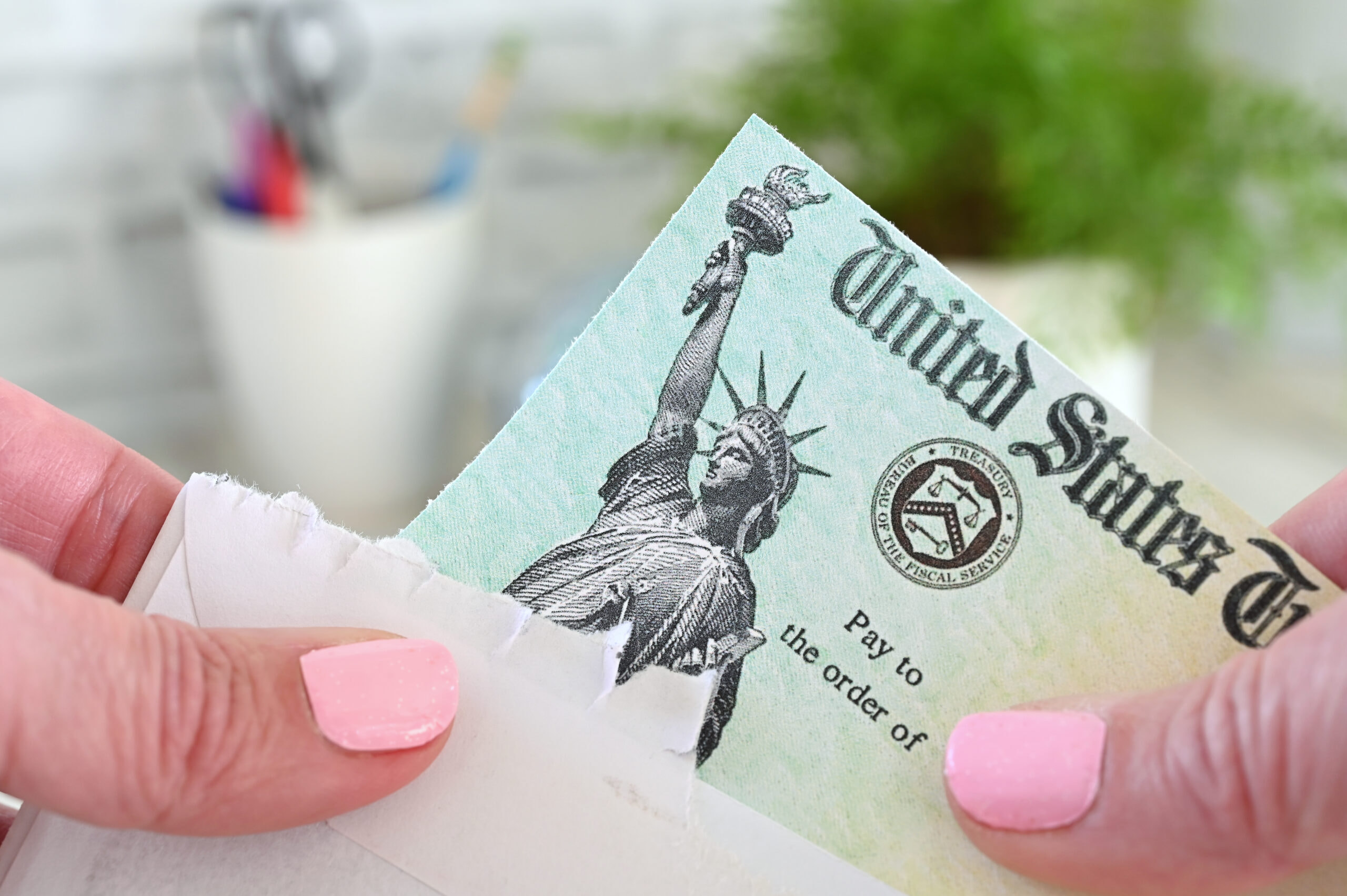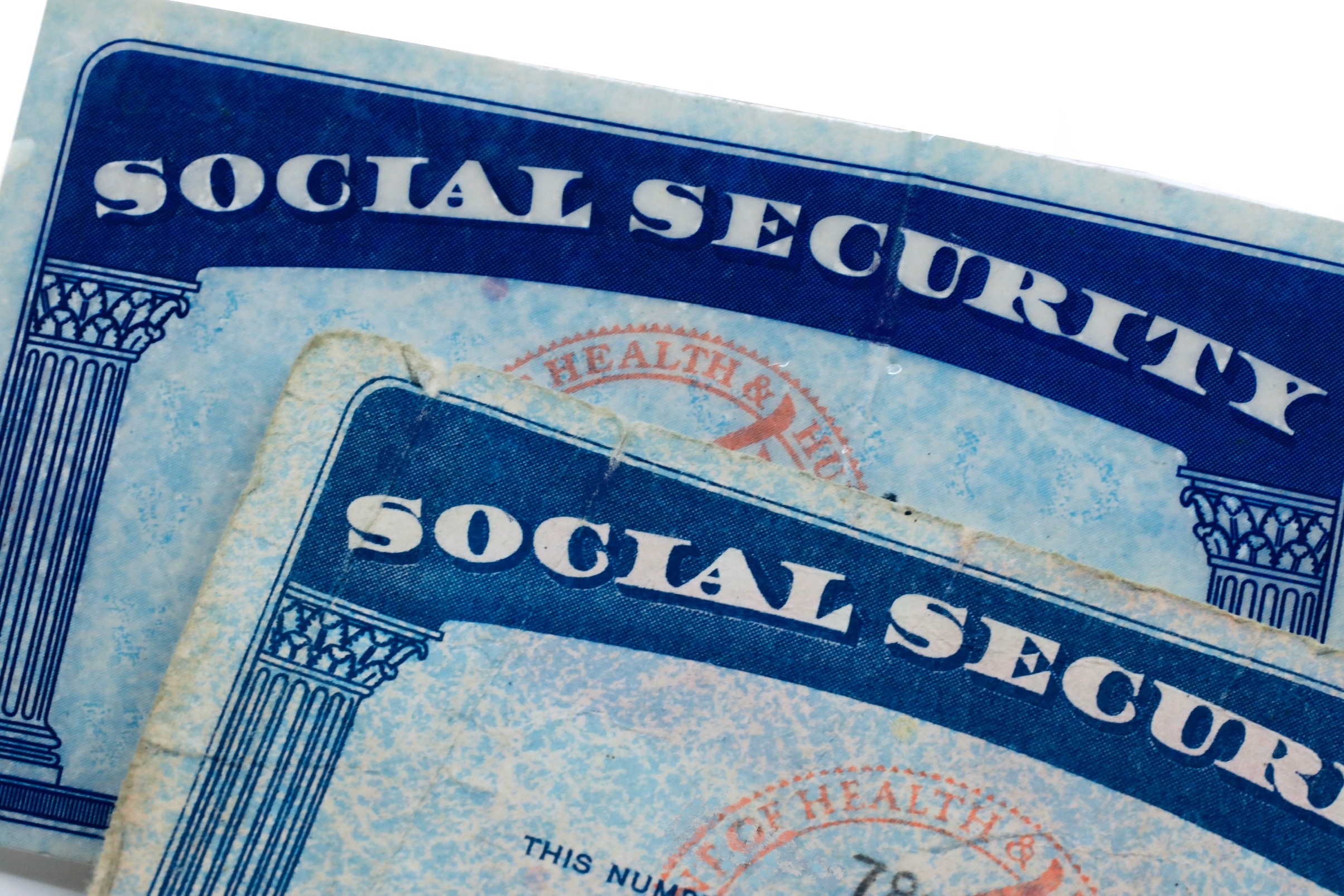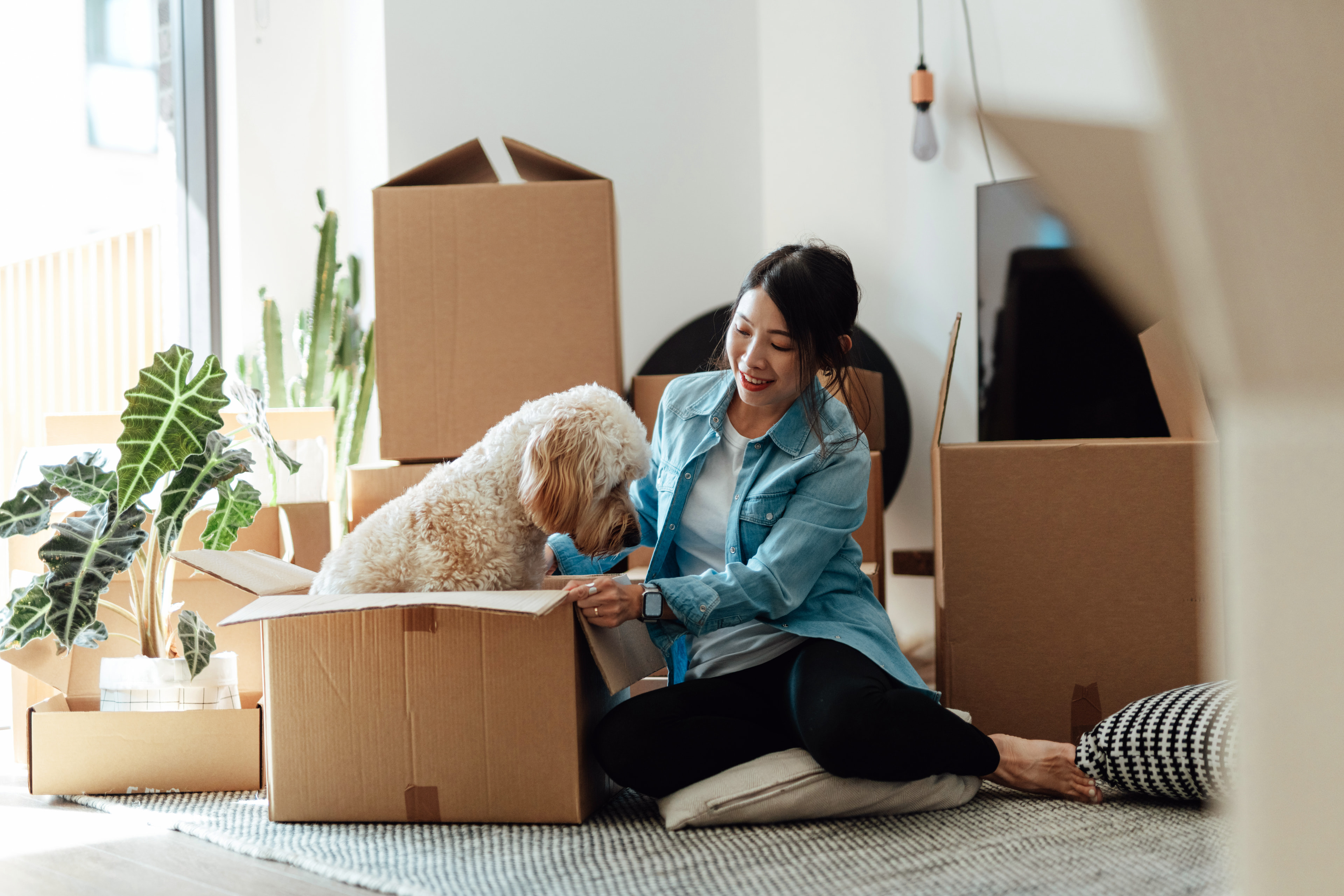Buying a home is possibly the most expensive purchase you'll ever make, and how to save for a down payment is one of the most common questions asked by first-time buyers.
The simple answer is: It's not easy. With high house prices and now high inflation and interest rates, it's safe to say that it's tough to save up for a healthy down payment.
Many people rely on the goodwill of parents and family members to give them a head start. According to the National Association of Realtors' 2021 Profile of Home Buyers and Sellers, 28% of first-time buyers used a gift or loan from friends or family for their down payments.
However, this isn't possible for everyone. So how do you save for a down payment? Keep reading for tips on buying a home for the first time.
How to save for a home down payment
Analyze your home finances and make cutbacks
The first thing you can do if you want to increase your savings is to make cutbacks to your current expenses.
Where are you spending unnecessarily? It's not just about cutting out takeout coffees. Look beyond that. Is there any way you can reduce your grocery bill by shopping elsewhere? Can you renegotiate cable or smartphone contracts? Are you wasting money on high-interest debt because you're only making minimum repayments each month?
List out all your ongoing expenses, try to break down what's unnecessary, and see if you can make little cutbacks here and there to boost your savings.
Increase your salary (to help with your home savings)
The other way to increase your savings is to have more money to play with in the first place. Consider working toward asking for a pay raise, finding a higher-paying job, or reskilling or transitioning to another career path in an effort to make more money to set aside for your down payment.
Consider relocating
House prices are incredibly high in many areas of the country — the average home price reached $349,079 at the beginning of 2022. But if you are in a particularly high cost-of-living area, relocating is another option to make a house purchase more affordable.
If this is an option, consider potential salary differences and other aspects of the cost of living, such as insurance, state-specific taxes, and the cost of amenities, groceries, and so on.
Look at federal housing programs
With a number of federal housing programs available, you may have to save up less than you think. The Federal Housing Administration program, USDA loans, and VA loans are in place to help those with low to moderate income, veteran buyers, and those living in rural areas to afford a home.
If you or a joint homebuyer is a veteran, you could even buy a house with no down payment. Or, you could buy a home with a down payment as low as 3.5% with an FHA loan. Be sure to check eligibility criteria and income limits, as they may not be an option for everyone.
Automate your savings
If you typically leave your savings until the end of the month, you've probably found you tend to end up with less than you'd like. The way to avoid this is to automate your savings as soon as you get paid.
When your paycheck comes in, some banks allow you to automatically drop a set amount into a separate savings account. Once it's in there, don't touch it, and you'll watch your savings grow quicker.
Home buying tips for first-time buyers
Get pre-approved for a new home
A pre-approval letter is a letter from a mortgage lender that states how much they are willing to lend you. This comes with certain conditions and isn't 100% guaranteed, but it does put you in a better position to get an offer accepted — especially in a competitive market.
This makes your offer much more attractive because you're likely to get approved for a mortgage. Sellers prefer buyers to have a pre-approval in place because the sale is less likely to fall through.
Set money aside for when you move into your new home
It's tempting to put all of your savings into bulking up your down payment, but it's important to have a financial cushion for when you eventually move in.
If you throw all your money into the down payment, you may be left with no cash to buy furniture, home insurance, or cover moving costs. In the event that something breaks as soon as you move in, it helps to have an emergency fund to fall back on.
Don't overextend your finances
It's tempting to borrow the maximum a lender will give you and buy the house of your dreams. But be careful not to overextend your finances. Buying a house is already very expensive, and it's so important for you to be able to comfortably afford mortgage repayments plus all the other costs of owning a house.
Be cautious when deciding how much to borrow. Things like potential job loss, medical issues, a recession, and inflation are all going to affect your ability to afford your home.
Get home inspections
It's tempting to avoid inspections to save on home-buying costs. But if the home you wish to purchase has an expensive repair on the horizon, it may end up more expensive.
Get the brickwork, roof, basement, utility systems, and so on checked before you fully commit to the purchase. If an issue should arise, you could potentially renegotiate with the seller for a lower price or even walk away from the sale. This could save you from costly repair bills later down the line.
Seek professional advice
Buying a home can be a stressful, confusing, and overwhelming experience (whether you're a first-time buyer or not). So it helps to get the right advice from professionals who know the process inside out.
Be choosy and do in-depth research on your mortgage lenders and real estate agents so you can get the right guidance. In the meantime, save what you can and come up with a firm, realistic budget for your home purchase.


